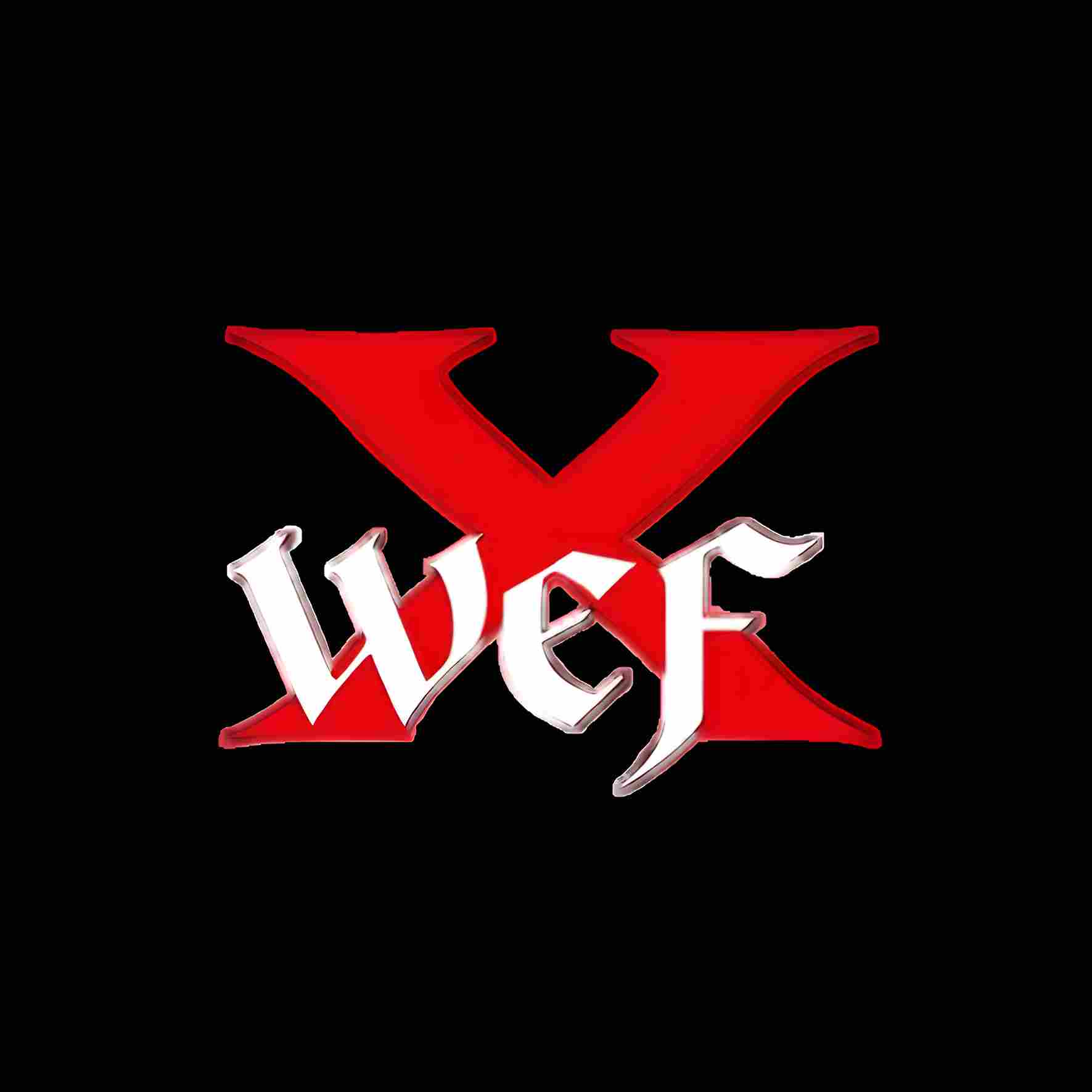
Chapter 1: The Rise of WEF
Chapter 1: The Rise of the World Economic Forum (WEF)
The Origins of the World Economic Forum
The World Economic Forum (WEF) was founded in 1971 by Klaus Schwab, a German economist and engineer. Originally named the European Management Forum, the organization was created to bring together business leaders to discuss economic policies. However, over the decades, the WEF has evolved into a powerful, non-governmental organization (NGO) that influences global governance, economic policies, and social structures.
WEF's Mission and Stated Goals
On the surface, the WEF claims to be committed to improving the state of the world. According to their official website (weforum.org), their mission is to:
- Foster public-private cooperation
- Address global economic challenges
- Promote sustainable development
- Eliminate vehicles owner ship! Yes, you've read that right!
However, beneath this mission statement lies a far more ambitious agenda. The WEF actively pushes for global governance, advocating policies that centralize power among unelected elites, corporations, and governments aligned with their vision.
The Shift from Economics to Global Influence
In its early years, the WEF focused mainly on business and economic policies. However, starting in the 1990s, the organization broadened its scope to include:
- Climate Change & Sustainability: WEF promotes the idea of a global climate agenda, urging drastic regulatory changes that impact energy industries and food production (UN Climate Goals)
- Health & Pandemics: The WEF played a significant role in pandemic response strategies, influencing lockdown policies and digital health tracking
- Technology & AI: They advocate for increased surveillance through artificial intelligence, social credit systems, and central bank digital currencies (CBDCs)
- Societal Restructuring: Their policies focus on redefining private property, work, and societal structures under initiatives like The Great Reset
The Davos Meetings: A Gathering of Global Elites
Each year, the WEF hosts an exclusive summit in Davos, Switzerland, attended by world leaders, corporate executives, and influential policymakers. These meetings, often criticized for their lack of transparency, have led to:
- Major policy alignments across nations
- Corporate-government partnerships that bypass democratic processes
- Economic strategies that benefit large corporations while harming small businesses (IMF Report on Economic Inequality)
How WEF Influences Global Policies
The WEF does not operate in isolation. It has strong partnerships with:
- The United Nations (UN): Aligning with global governance policies
- The International Monetary Fund (IMF) and World Bank: Shaping financial systems and economic policies
- Big Tech Companies: Controlling the flow of information and promoting digital identification systems
- Pharmaceutical Companies: Influencing health policies and pandemic responses
Through these alliances, the WEF exerts influence over regulations, economic strategies, and even elections by funding certain political initiatives and media narratives.
WEF’s Role in The Great Reset
One of the most controversial aspects of the WEF’s agenda is The Great Reset, a radical restructuring of society that Schwab openly discusses in his book, COVID-19: The Great Reset. This plan includes:
- Redefining capitalism: Transitioning from shareholder capitalism to stakeholder capitalism, where corporations prioritize global governance over profitability
- The push for digital IDs and cashless economies
- A shift away from traditional industries in favor of artificial intelligence and automation
Critics argue that The Great Reset is not about improving the world but rather about centralizing power under a global elite. (World Economic Forum Great Reset)
Why the WEF is a Threat to National Sovereignty
Unlike democratic governments, the WEF is an unelected body with no direct accountability to the public. Yet, it influences policy decisions that impact millions of people worldwide. This raises concerns about:
- Loss of national sovereignty as policies are dictated by an NGO rather than elected officials
- Erosion of personal freedoms due to increased surveillance and control over financial transactions
- A widening economic gap, where the wealthy elites dictate policies that negatively impact the middle and lower classes
Resistance Against the WEF Agenda
Many experts, journalists, and independent researchers are now exposing the dangers of WEF-driven policies. Public resistance has grown in recent years, with sovereignty-focused movements pushing back against its influence. Some examples include:
- Countries rejecting Central Bank Digital Currencies (CBDCs)
- Governments refusing to adopt certain climate change policies that would hurt their economies
- Citizen-driven campaigns to raise awareness of WEF’s influence in politics (Cato Institute on Global Governance)
Understanding the Bigger Picture
The WEF’s growing influence is not just about economics—it’s about reshaping the entire world order. By understanding its origins, alliances, and long-term goals, individuals can make informed decisions about their personal freedom, national sovereignty, and economic stability. As we move forward in this book, we will explore deeper aspects of WEF's strategies and their global impact.





